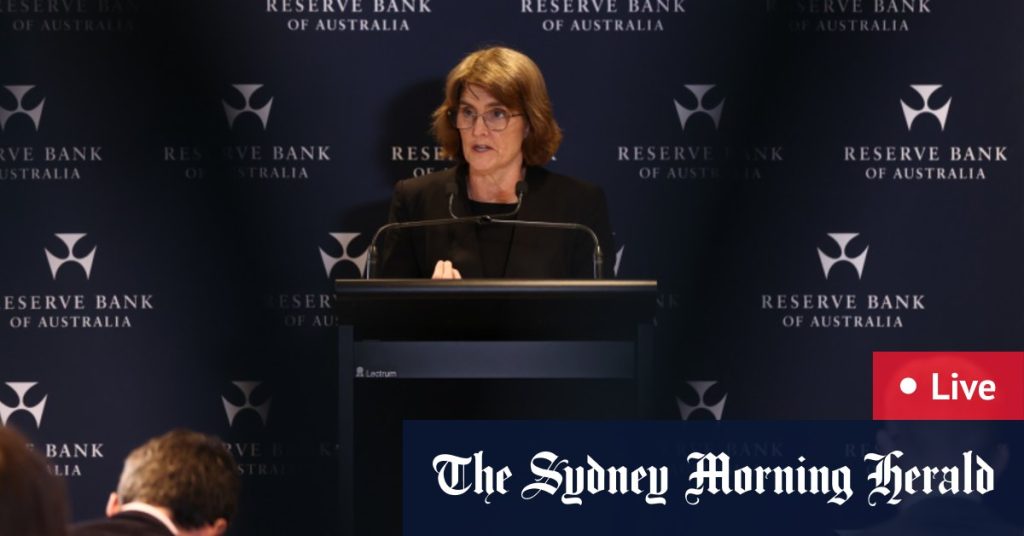Nurses and midwives in New South Wales have gone on strike again to demand higher pay, with public rallies planned to support their cause. The 24-hour stop-work action on Tuesday is expected to affect elective surgeries and cause delays for some patients, although support for life-saving care will not be impacted. The NSW Nurses and Midwives general secretary, Shaye Candish, criticized the state government for not coming to the table with an improved offer, ignoring the union’s call for a better deal. The government’s offer of a three percent pay rise was described as insulting, considering the savings that had been identified to fund a higher increase.
Among the protesters, nurses demonstrated outside NSW Premier Chris Minns’ office in Sydney, demanding a 15% pay rise. Industrial Relations Commission president Ingmar Taylor had not yet examined the union’s argument for the pay rise but recommended an interim deal and four weeks of intensive discussions to try to reach an agreement. Health Minister Ryan Park acknowledged the ongoing dispute between the government and the association, indicating that there was still a way to go to resolve the issue. Efforts were being made to contact patients with scheduled surgeries to arrange alternative arrangements due to the industrial action.
The NSW Nurses and Midwives Association initiated the strike at 7am, marking their second major stop-work action since the Labor party came to power in March 2023. The union’s push for a 15% pay rise for one year has been met with opposition from Premier Chris Minns, who deemed the demand unaffordable. Despite the strike, minimal staffing levels for life-preserving services will be maintained in public hospitals and health services, ensuring that essential care is still available to patients. The decision to go on strike reflects the frustration among nurses and midwives over the lack of progress in negotiations with the government regarding their pay and working conditions.
The strike action by nurses and midwives in NSW highlights the ongoing challenges faced by healthcare workers in Australia regarding fair compensation and recognition for their essential roles. The decision to take such drastic measures underscores the determination of the union members to fight for their rights and demand better pay and working conditions. The industrial action is intended to draw attention to the issues facing the nursing profession and put pressure on the government to come to a fair agreement with the association. Despite the disruptions caused by the strike, efforts are being made to ensure that critical services are still available to those in need, emphasizing the professional commitment of the healthcare workers involved in the protest.
The strike by nurses and midwives in NSW represents a broader trend of labor disputes in the healthcare sector, where workers often struggle to secure adequate wages and benefits commensurate with the demands of their jobs. The ongoing pressure on healthcare workers, particularly in light of the COVID-19 pandemic, has further emphasized the need for fair compensation and improved working conditions to support the well-being of those on the frontlines of healthcare delivery. The strike serves as a reminder of the vital role that nurses and midwives play in the healthcare system and the importance of recognizing their contributions through appropriate remuneration and support. The willingness of healthcare workers to take collective action highlights the solidarity and resilience of the nursing profession in advocating for their rights and promoting equitable treatment in the workplace.
In the midst of the strike action, the union and the government continue to engage in negotiations to find a resolution to the ongoing dispute over pay and working conditions for nurses and midwives. The recommendations for an interim deal and intensive discussions offer a potential pathway towards reaching a compromise that addresses the concerns raised by the healthcare workers. The commitment of both parties to finding a solution demonstrates a recognition of the importance of resolving the issues at hand and ensuring that essential healthcare services are not unduly disrupted by the labor dispute. As the strike unfolds, the focus remains on achieving a fair and equitable outcome that recognizes the valuable contributions of nurses and midwives to the healthcare system and upholds their rights as essential workers in NSW.
Overall, the strike by nurses and midwives in NSW reflects a broader struggle for fair treatment and recognition of healthcare workers in Australia, particularly in the context of ongoing labor disputes and negotiations over pay and working conditions. The dedication and commitment of the healthcare professionals involved in the industrial action underscore their resolve to advocate for their rights and demand better conditions in the workplace. The strike serves as a poignant reminder of the challenges faced by nurses and midwives in their efforts to secure fair compensation and support for their essential roles in the healthcare system. Through collective action and ongoing negotiations, both the union and the government have an opportunity to find a mutually acceptable resolution that respects the contributions of nurses and midwives while ensuring the continuity of essential healthcare services for the community.


